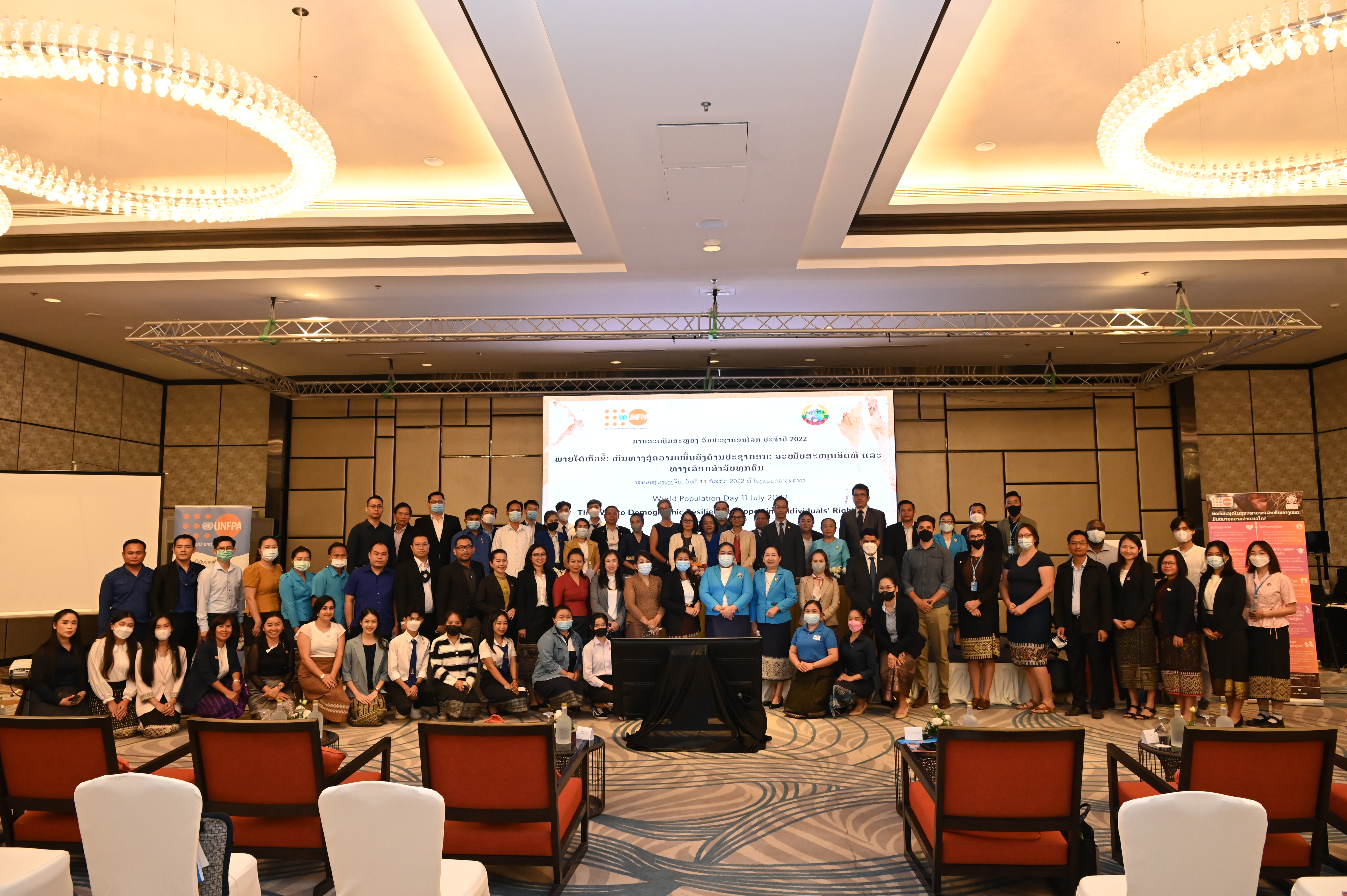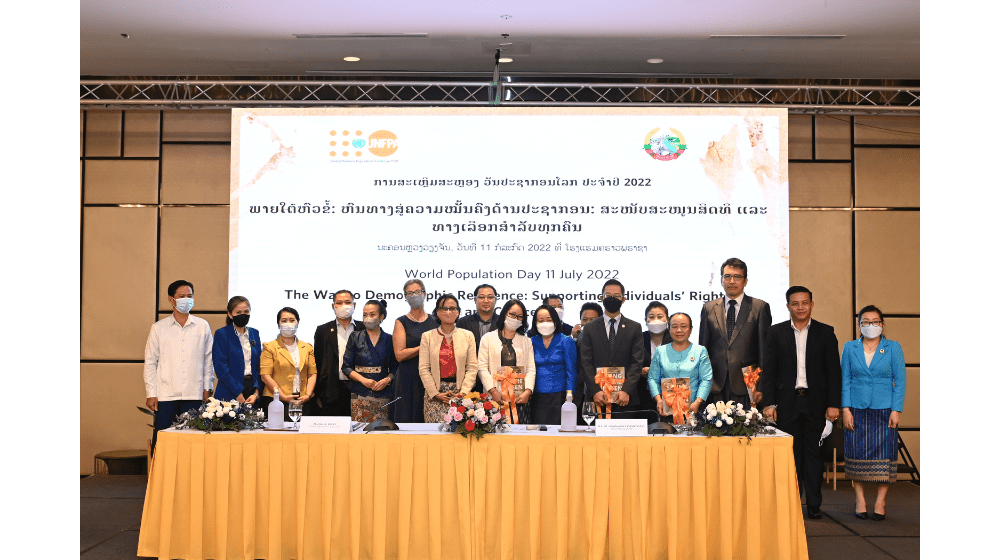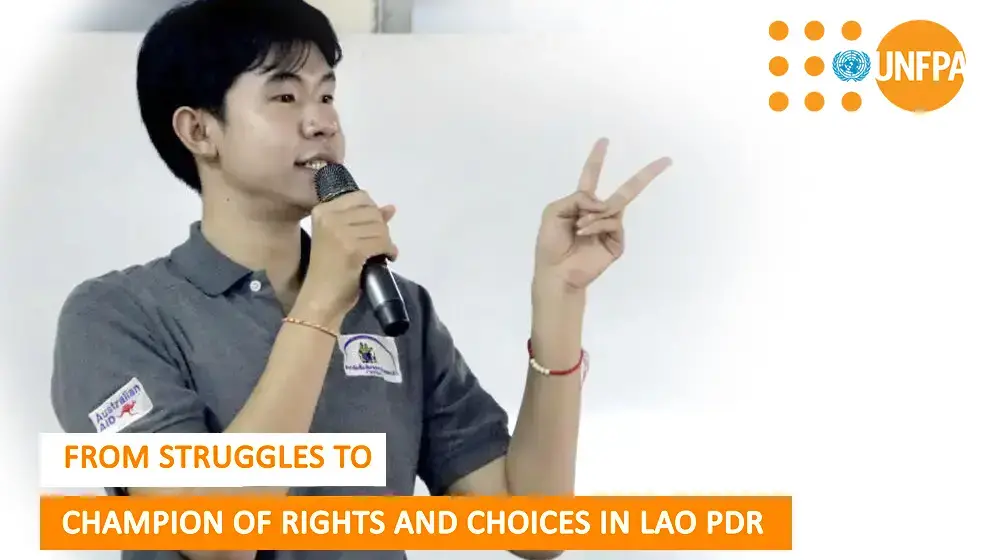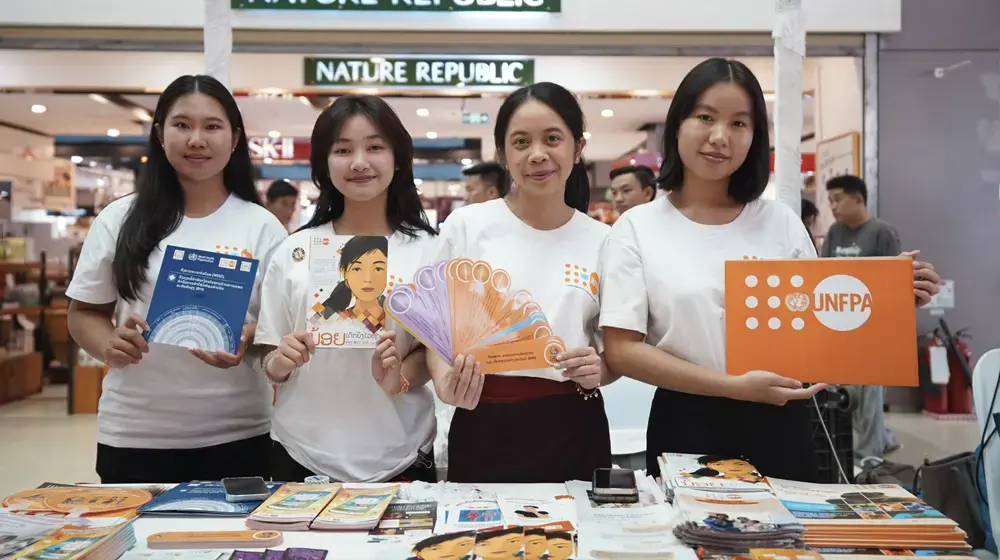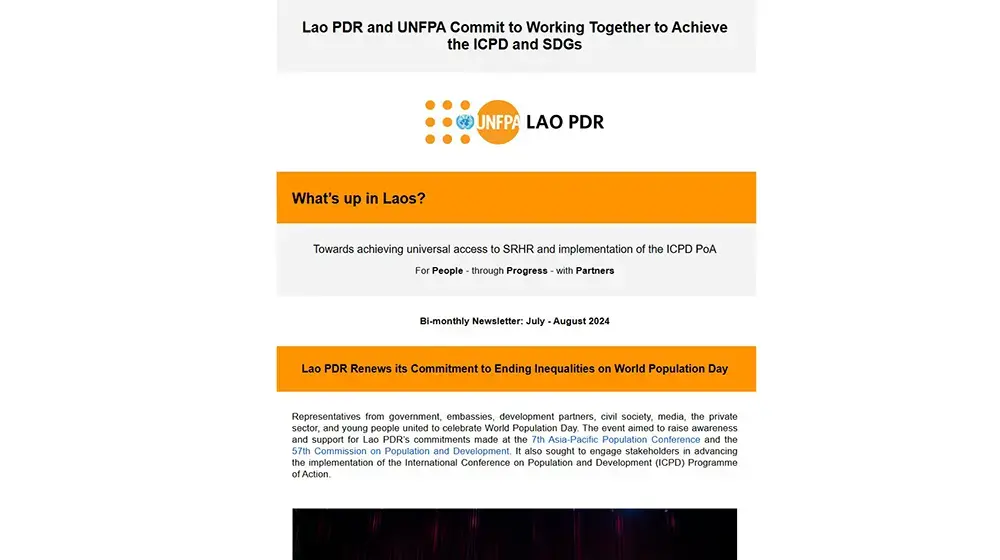Vientiane Capital, 11 July 2022 – The Ministry of Planning and Investment (MPI) with the United Nations Population Fund (UNFPA), and key stakeholders in Lao PDR, celebrated World Population Day with the theme “The Way to Demographic Resilience: Supporting Individuals’ Rights and Choices.”
Globally half of all pregnancies are not by choice! The WPD celebration shared key facts, challenges and possible solutions for unintended pregnancies and demographic resilience, both of which underpin a country’s economic growth and prosperity.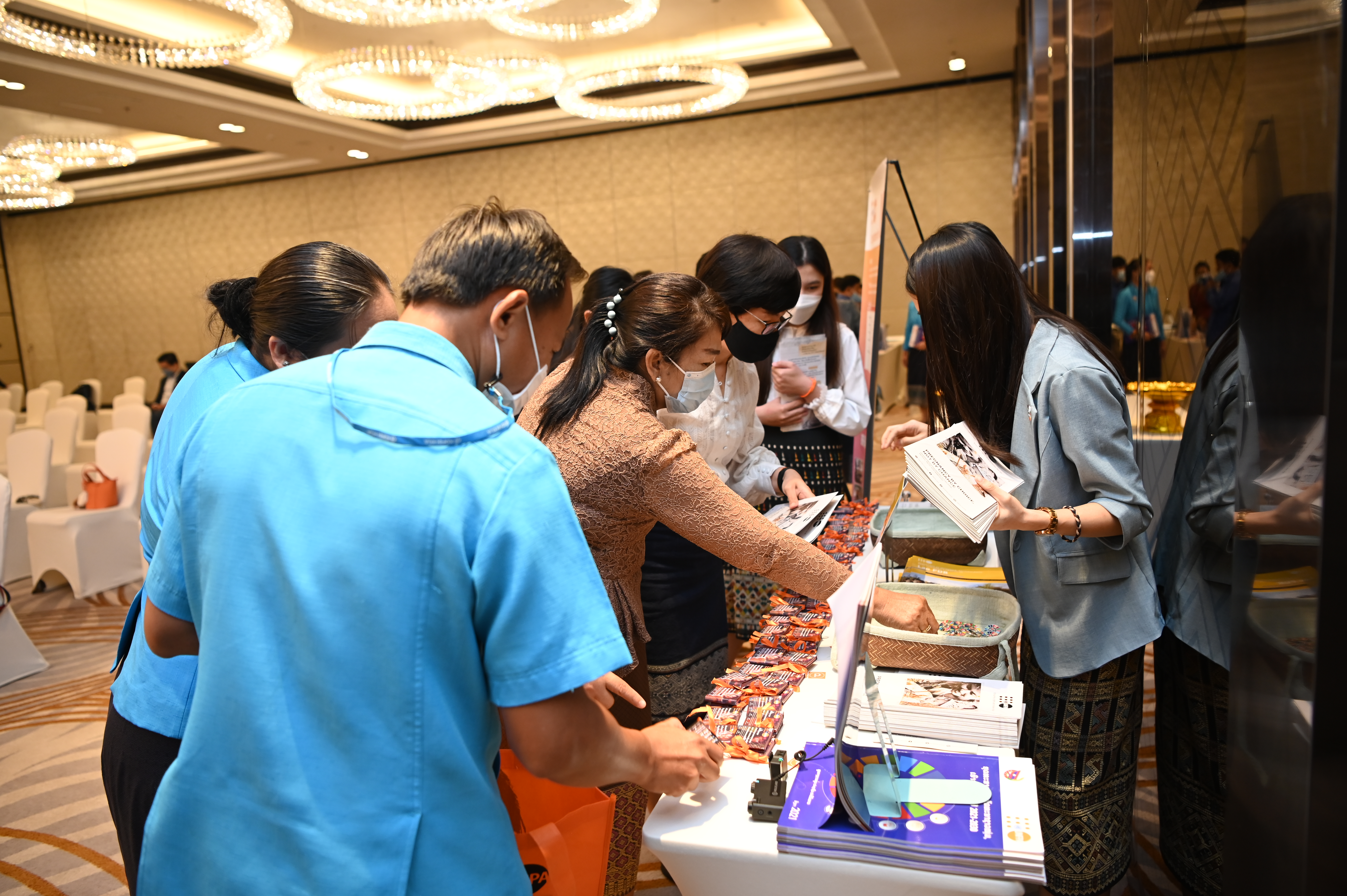
Mariam A. Khan, UNFPA Representative to Lao PDR, noted the relevance of the 2022 theme to COVID-19 recovery: “Sustainable development requires women and girls to have autonomy over their bodies. For reproductive rights, choices and gender equality – tenets of the Programme of Action of the International Conference on Population and Development (ICPD PoA) – to be safeguarded. Support for human rights, reproductive rights and choices is the pathway to demographic resilience.”
Demographic resilience requires anticipating and planning for demographic change and making relevant investments in education and health, reproductive rights, gender equality and access to decent work. It requires all of society's engagement in building a sustainable future. It emphasizes the need to change negative norms related to women and men’s roles that hold societies back from economic prosperity.
This World Population Day theme reflects Government of Lao PDR commitments to invest in human capital based on data and evidence. MPI and UNFPA are preparing for the Population and Housing Census 2025 which will provide current data on the situation of the most vulnerable members of society – such as adolescents, youth, women in rural areas, the poor and ethnic groups. The data is critical to guide investments for improving the population's ability to access their full range of rights.
With the world population soon approaching 8 billion and Laos population soon to reach 8 million, WPD emphasizes impact of unintended pregnancies, highlights the importance of investing in family planning services and protecting women, girls and adolescents’ rights and choices to contain the crisis of unintended pregnancies. The COVID-19 pandemic, has rolled back progress on family planning, with reduction in new users, (less by 15 per cent), indicating that fewer women and girls can access information and services related to contraception. Meanwhile, gender-based violence has increased significantly, as seen through calls to the Lao Women’s Union helpline which have tripled since COVID began. Women’s autonomy directly impacts childbearing which in turn impacts all other aspects of society. 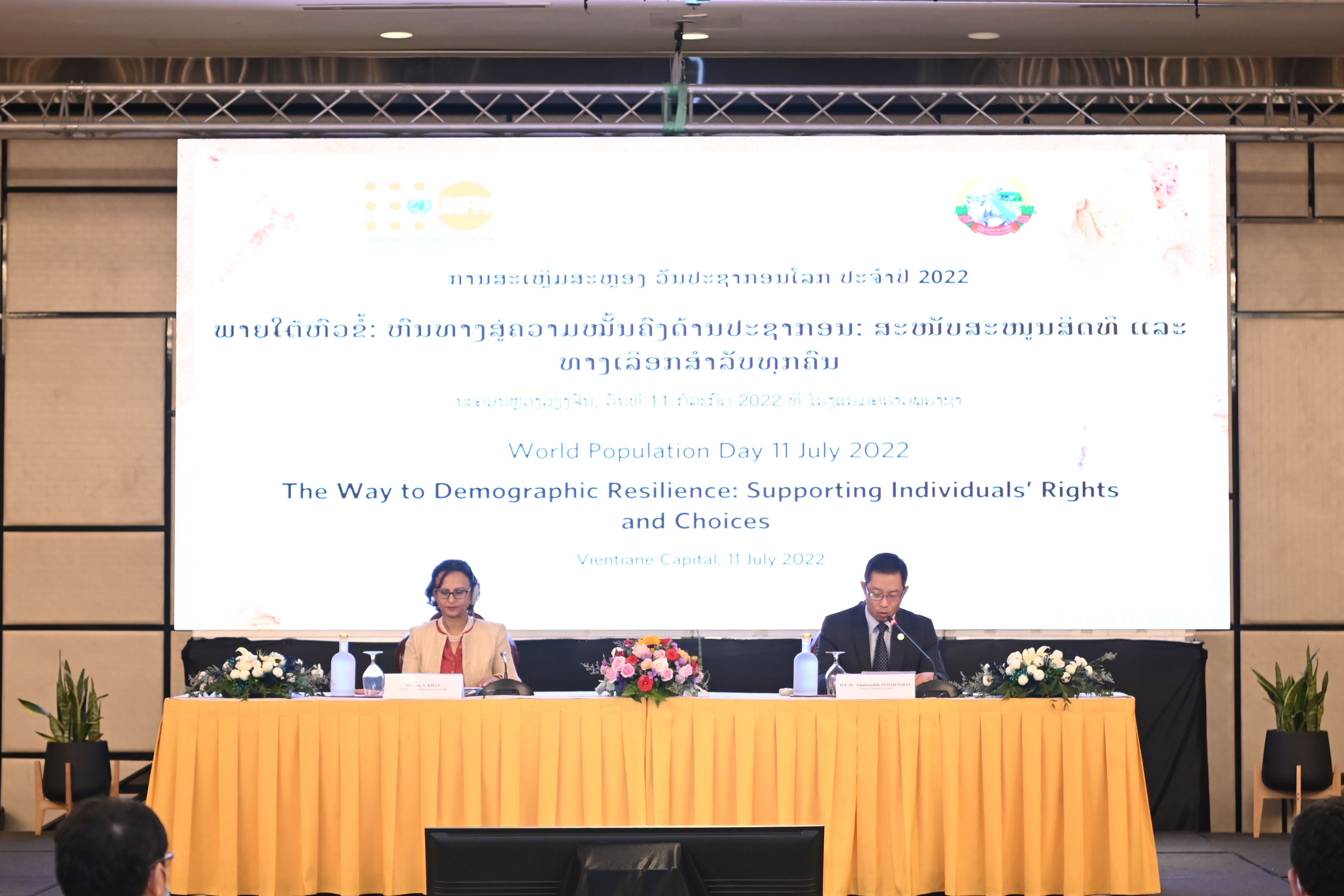
Dr. Sathabandith Insisiengmai, Deputy Minister of the Ministry of Planning and Investment said: “The state of the world population report shows that Lao PDR is progressing for the implementation of the ICPD programme. Laos scored 96 out of 100 on the laws, policies and strategies, for women, girls and young people to access sexual and reproductive health information and services including family planning! Lao PDR has also laws and policies to promote gender equality, prevent and combat violence against women and girls and end harmful practices such as early marriage.”
Dr Sathabandith encouraged all sectors, at central and community levels, to strengthen the implementation of the existing laws, policies and national protection mechanisms.
He added: “we need to work together and include men and boys to achieve full implementation of the rights of women, girls, adolescents, youth and the disadvantaged people in rural areas of Lao PDR”
Access to sexual and reproductive health and rights empowers individuals to exercise their choices for a better life, helps reducing the risks that adversely affect them.
At the event, MPI and sectors, including Health, Education, Lao Women’s Union, National Assembly and the National Commission for the Advancement of Women, Mothers and Children exchanged on progress and challenges related to implementation of family planning programmes, comprehensive sexuality education, provision of adolescent and youth-friendly services and protection of women and girls from all forms of violence and harmful practices.